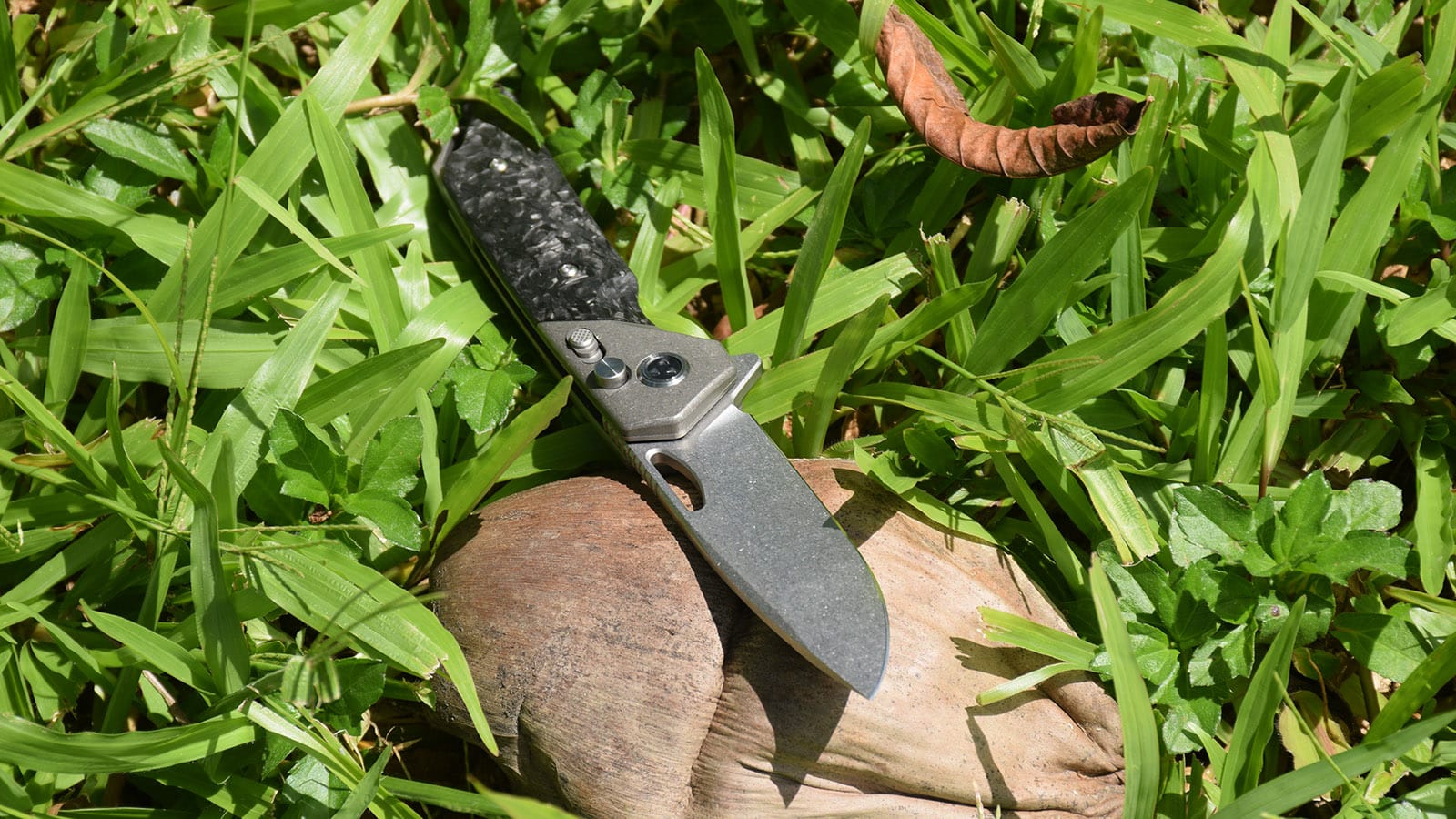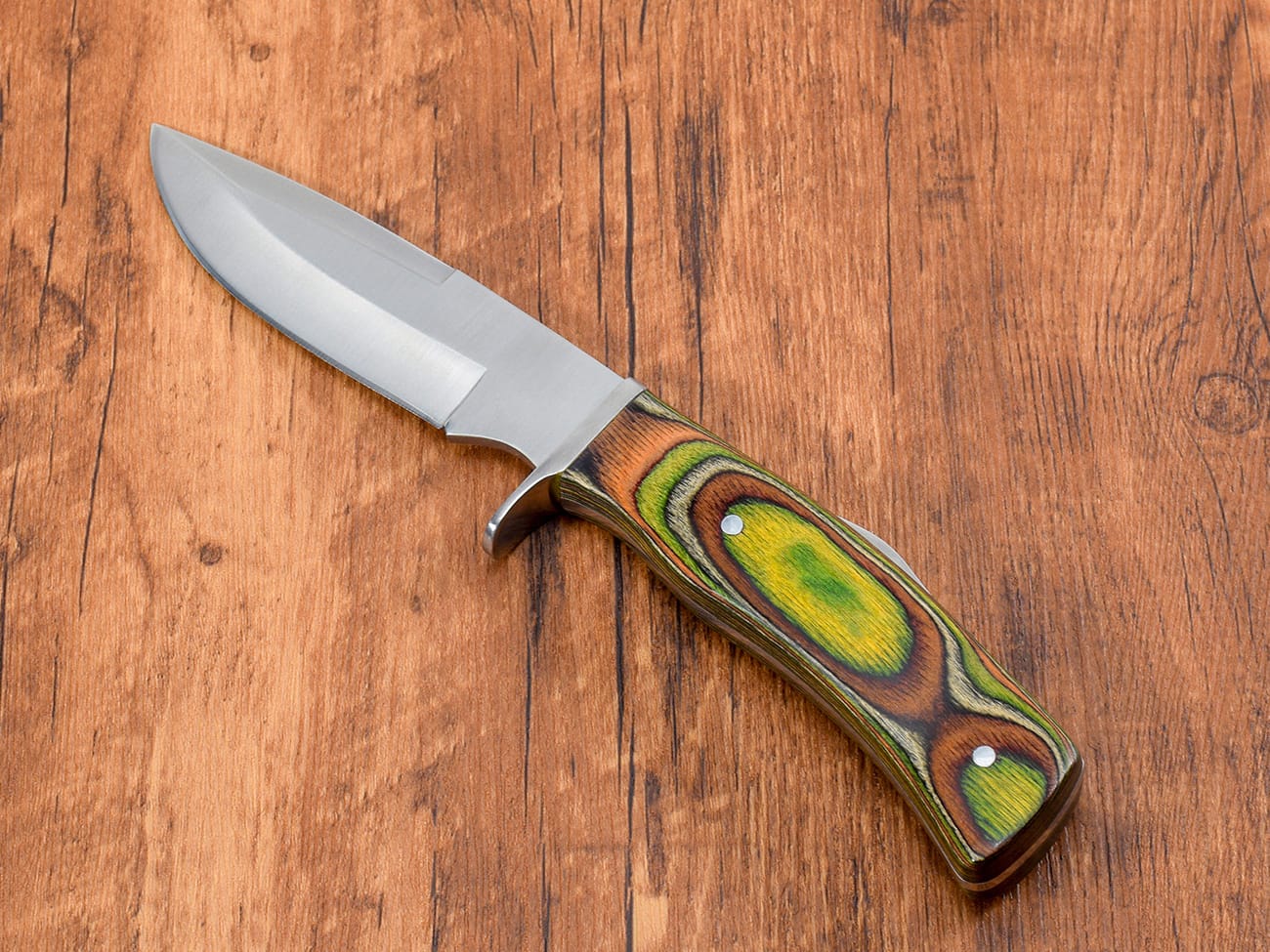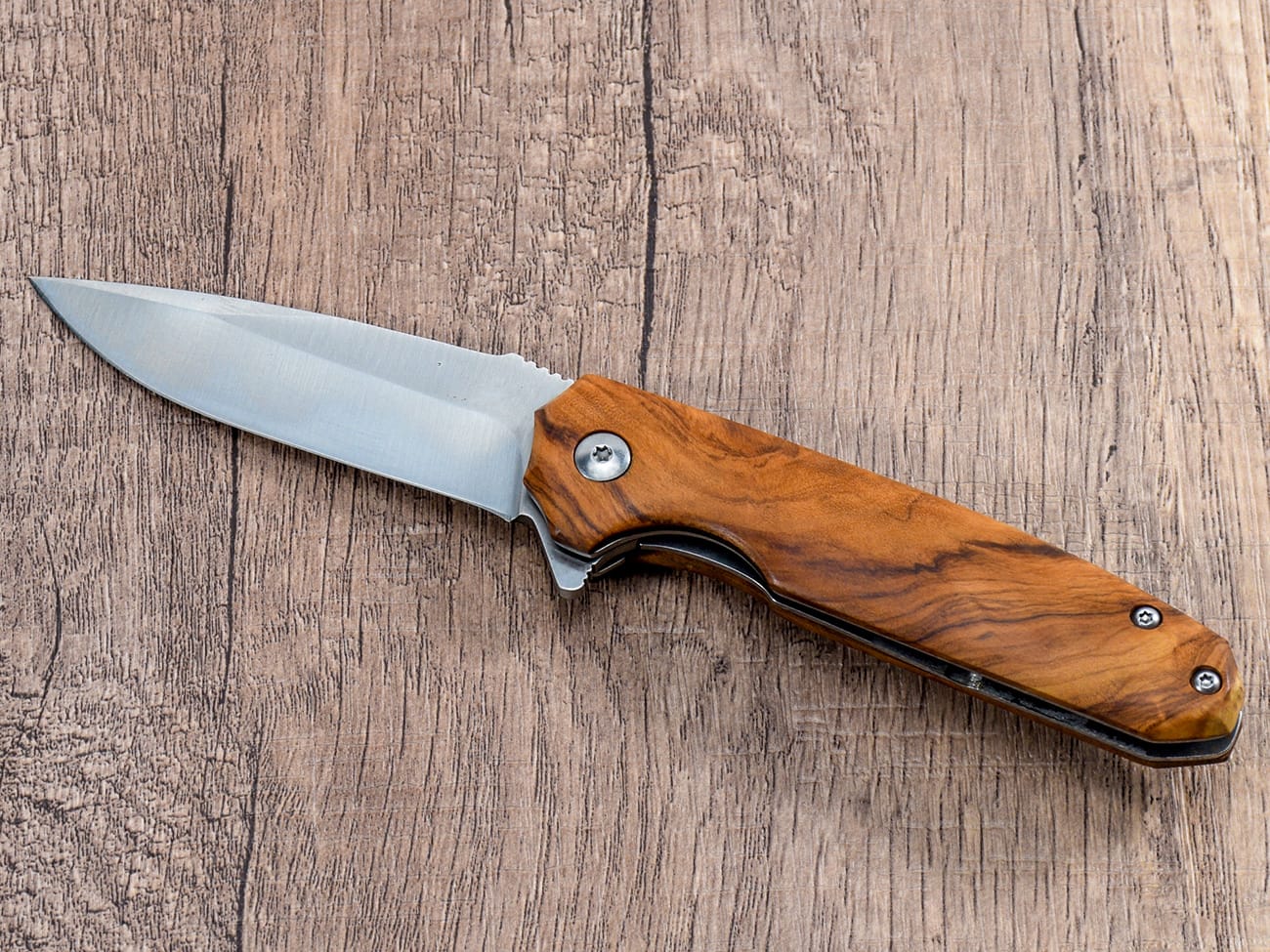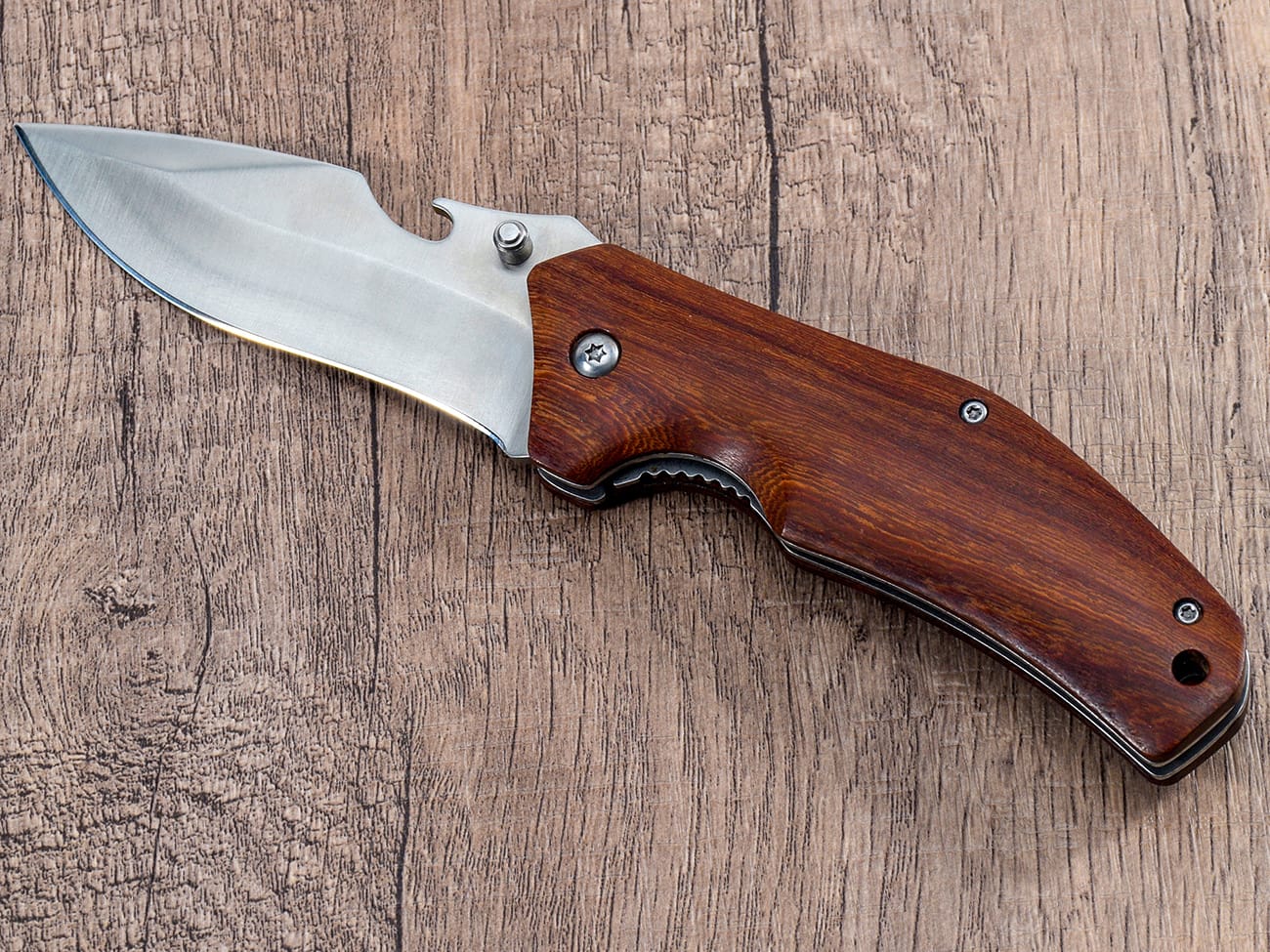Are you looking to understand what makes D2 steel knives special? This comprehensive guide explores everything you need to know about this popular high-carbon tool steel, from its composition and properties to real-world performance. Whether you’re a knife enthusiast or considering your first D2 blade purchase, you’ll discover why this steel has become a favorite among both manufacturers and users.
What is D2 Steel and Why is it Popular for Knives?
D2 tool steel is a high-chromium, high-carbon steel that bridges the gap between standard carbon steels and stainless steels. Originally developed for industrial tooling, D2 steel has found its way into knife blades materials due to its excellent wear resistance and edge retention properties. This air-hardened tool steel offers a compelling mix of hardness and durability that makes it particularly suitable for knife making.
What Makes D2 Steel Different from Other Knife Steels?
The composition of D2 steel sets it apart from other knife steels. With approximately 1.5-1.8% carbon and 11-13% chromium, D2 provides excellent hardness while offering moderate corrosion resistance. Unlike true stainless steel, D2 requires more maintenance but rewards users with superior edge retention and wear resistance.
How Does D2 Steel Perform in Different Types of Knives?
D2 steel excels in various knife applications, from EDC knives to heavy-duty cutting tools. Its high wear resistance makes it particularly effective for:
- Tactical knives
- Hunting knives
- Utility knives
- EDC folders
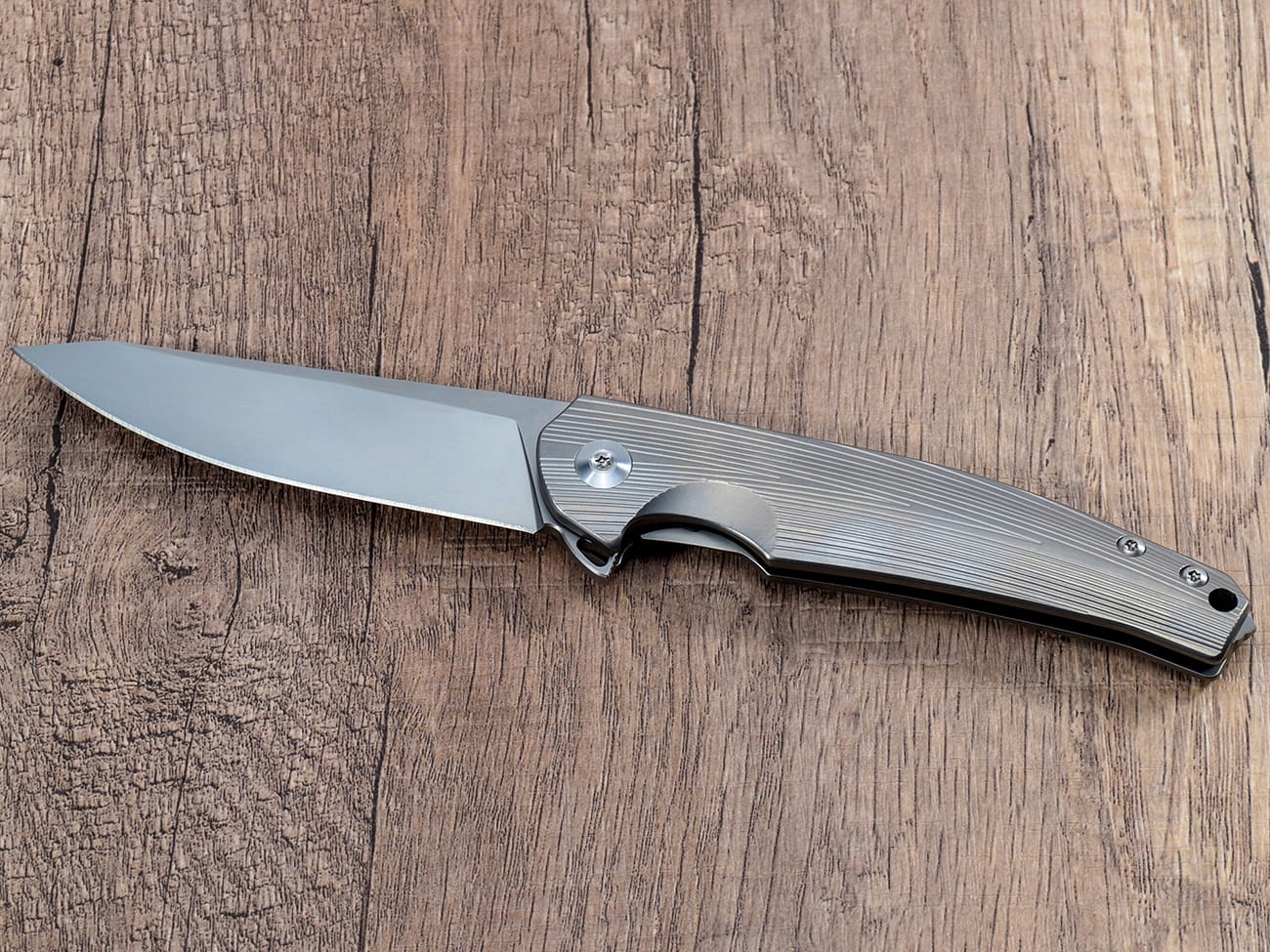
What Are the Advantages of D2 Steel Knives?
D2 steel offers several notable benefits that make it a popular choice for knife makers and users:
- Exceptional edge retention
- High wear resistance
- Good toughness
- Excellent hardness (usually 58-62 HRC)
- Moderate corrosion resistance
Are There Any Disadvantages to D2 Steel?
While D2 steel is excellent for many applications, it does have some limitations:
- Can be difficult to sharpen due to high hardness
- Not a true stainless steel
- Requires proper maintenance to prevent rust
- More expensive than basic carbon steels
How Does Heat Treatment Affect D2 Steel Performance?
The heat treatment process is crucial for bringing out the best properties in D2 steel. A good heat treatment can significantly impact:
- Overall hardness
- Edge retention
- Toughness
- Ease of sharpening
How to Care for and Maintain D2 Steel Knives?
Proper maintenance is essential for D2 steel knives to perform their best:
- Keep the blade clean and dry
- Apply light oil regularly
- Store in a dry environment
- Sharpen with appropriate tools
- Address any rust spots immediately
How Does D2 Compare to Other Popular Knife Steels?
When compared to other popular knife steels like S30V or stainless steel blade, D2 offers:
- Better edge retention than most stainless steels
- Higher wear resistance than most carbon steels
- More affordable than premium powder metallurgy steels
- Good balance of properties for everyday use
Is D2 Steel Worth the Investment?
For many users, D2 steel represents an excellent value proposition. It offers:
- High-end performance at a mid-range price point
- Durability for long-term use
- Versatility across different applications
- Good balance of desirable properties
Key Takeaways About D2 Steel Knives
- D2 steel offers excellent edge retention and wear resistance
- Proper maintenance is essential for optimal performance
- Heat treatment significantly impacts the steel’s properties
- Good value for money compared to premium steels
- Suitable for various knife applications
- Requires more care than stainless steel
- Popular choice among knife enthusiasts and manufacturers
Remember: The performance of any D2 steel knife depends not only on the steel itself but also on the heat treatment, blade geometry, and overall design. Choose a reputable manufacturer and maintain your knife properly to get the most out of this excellent blade steel.

